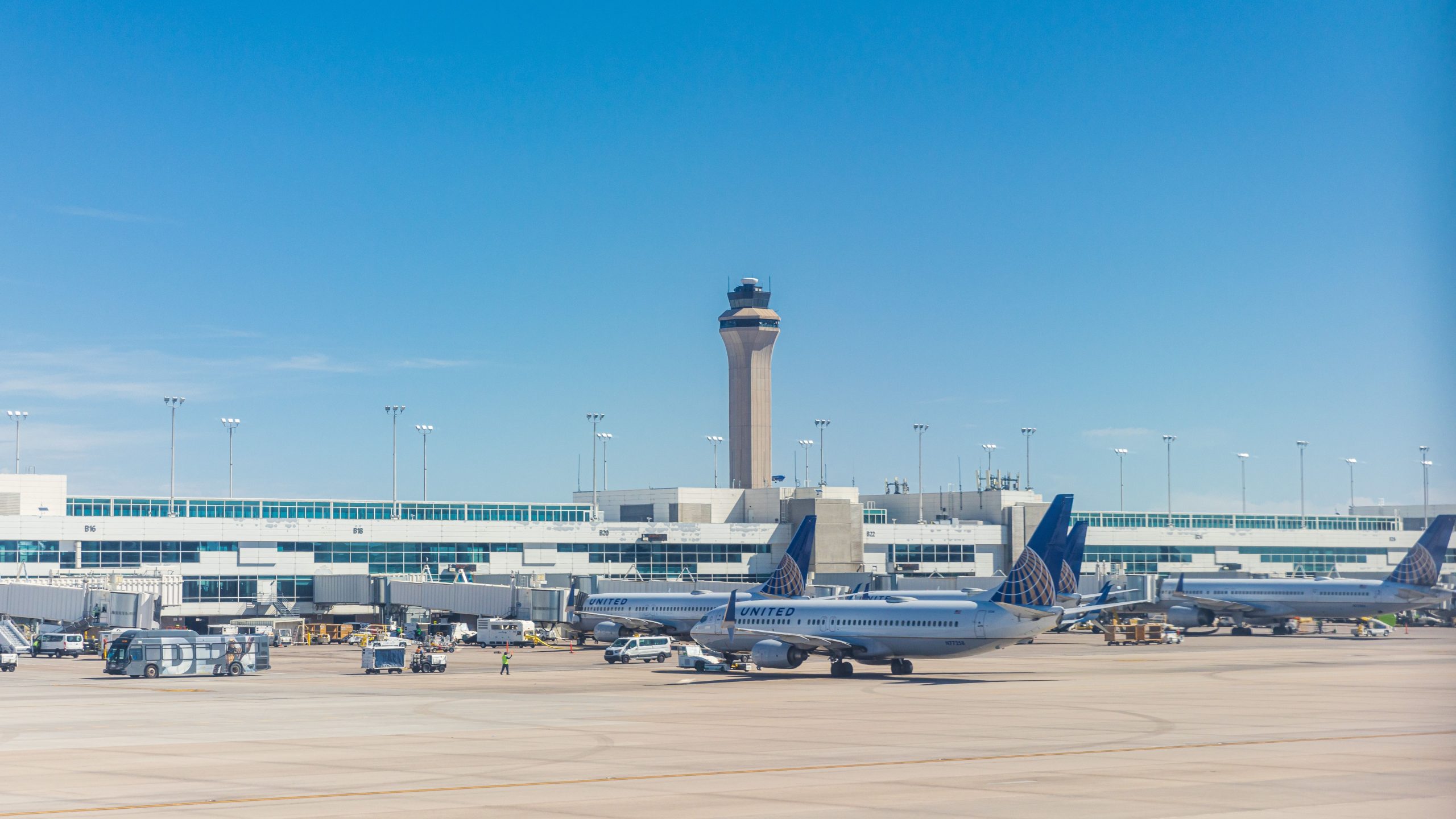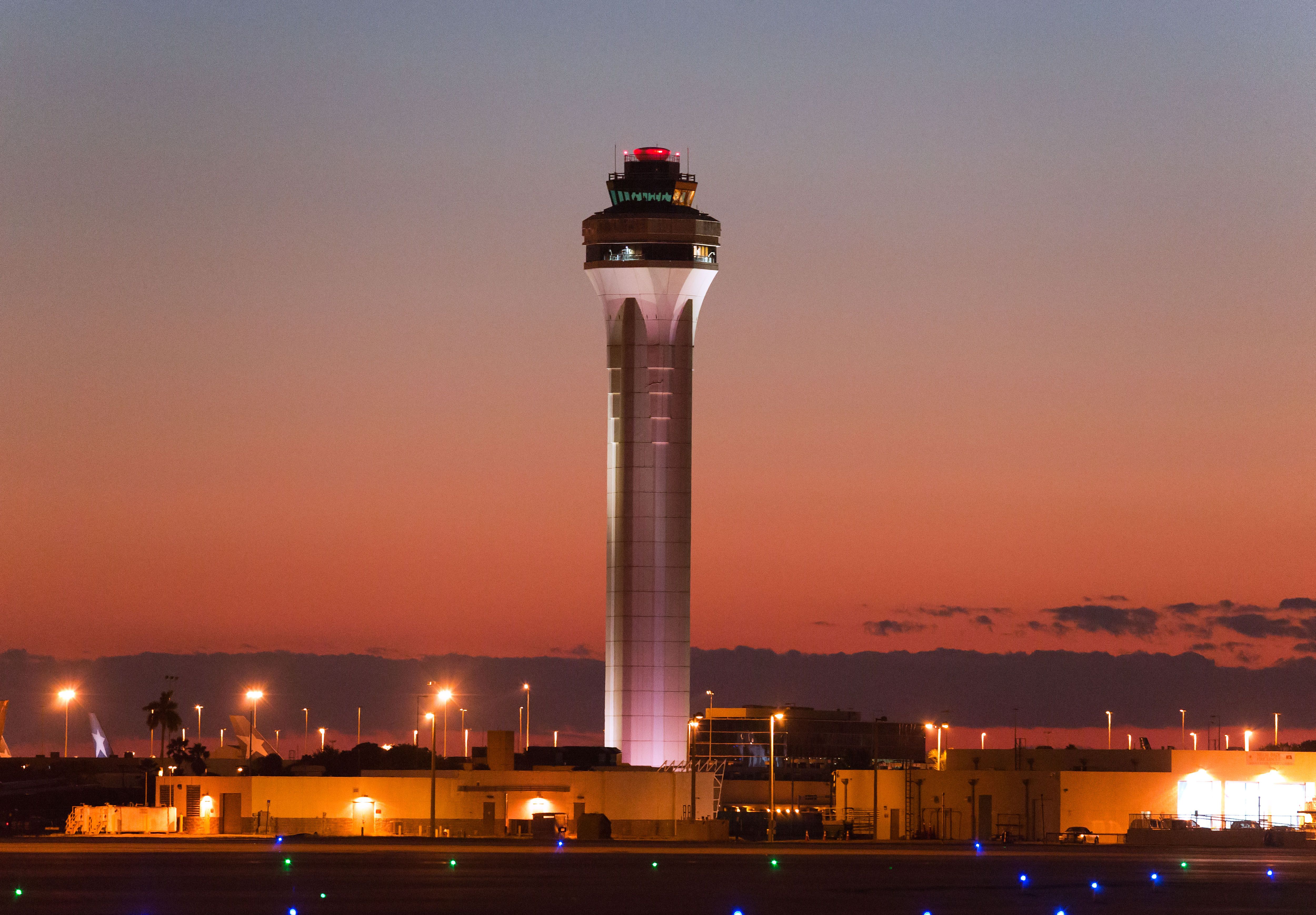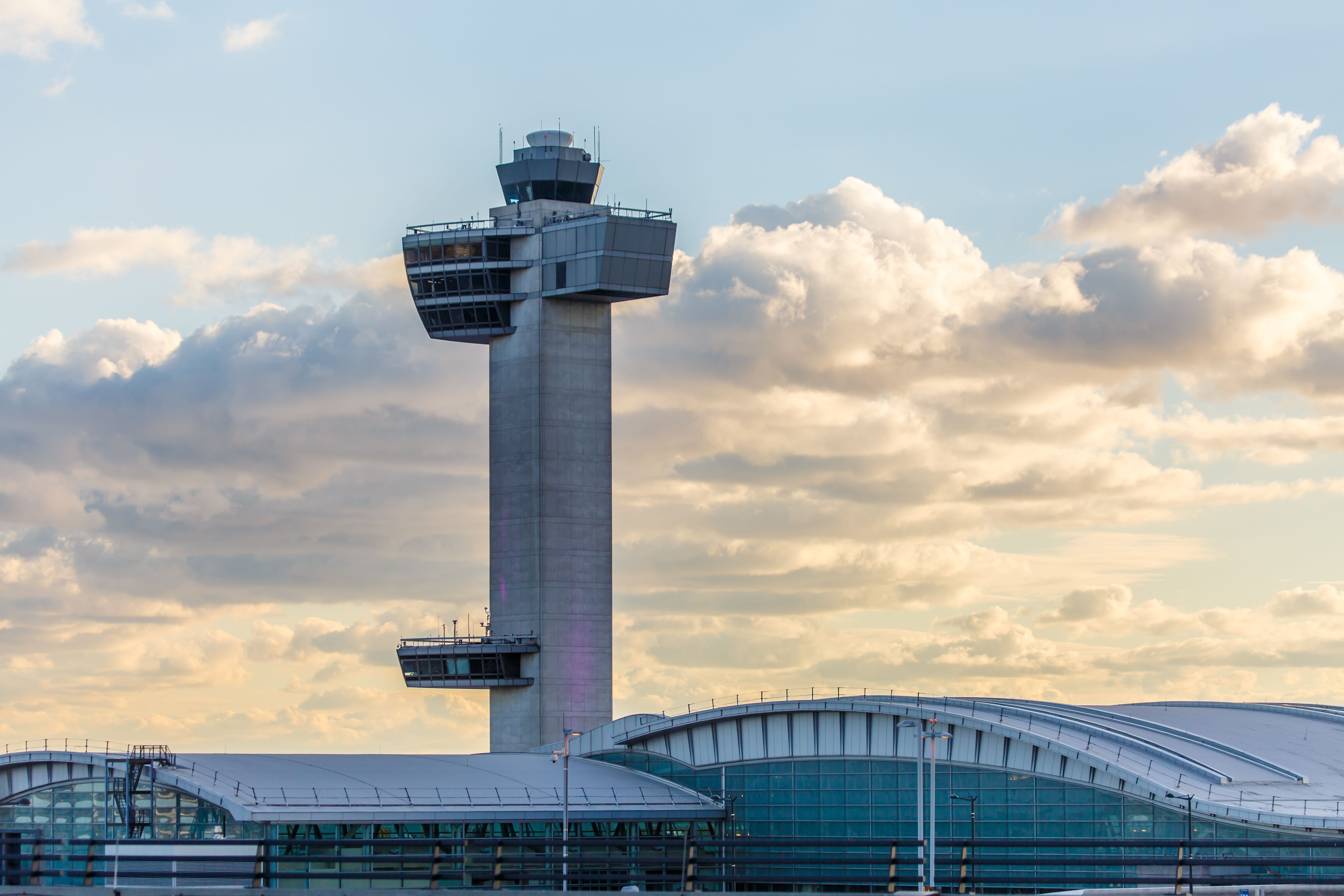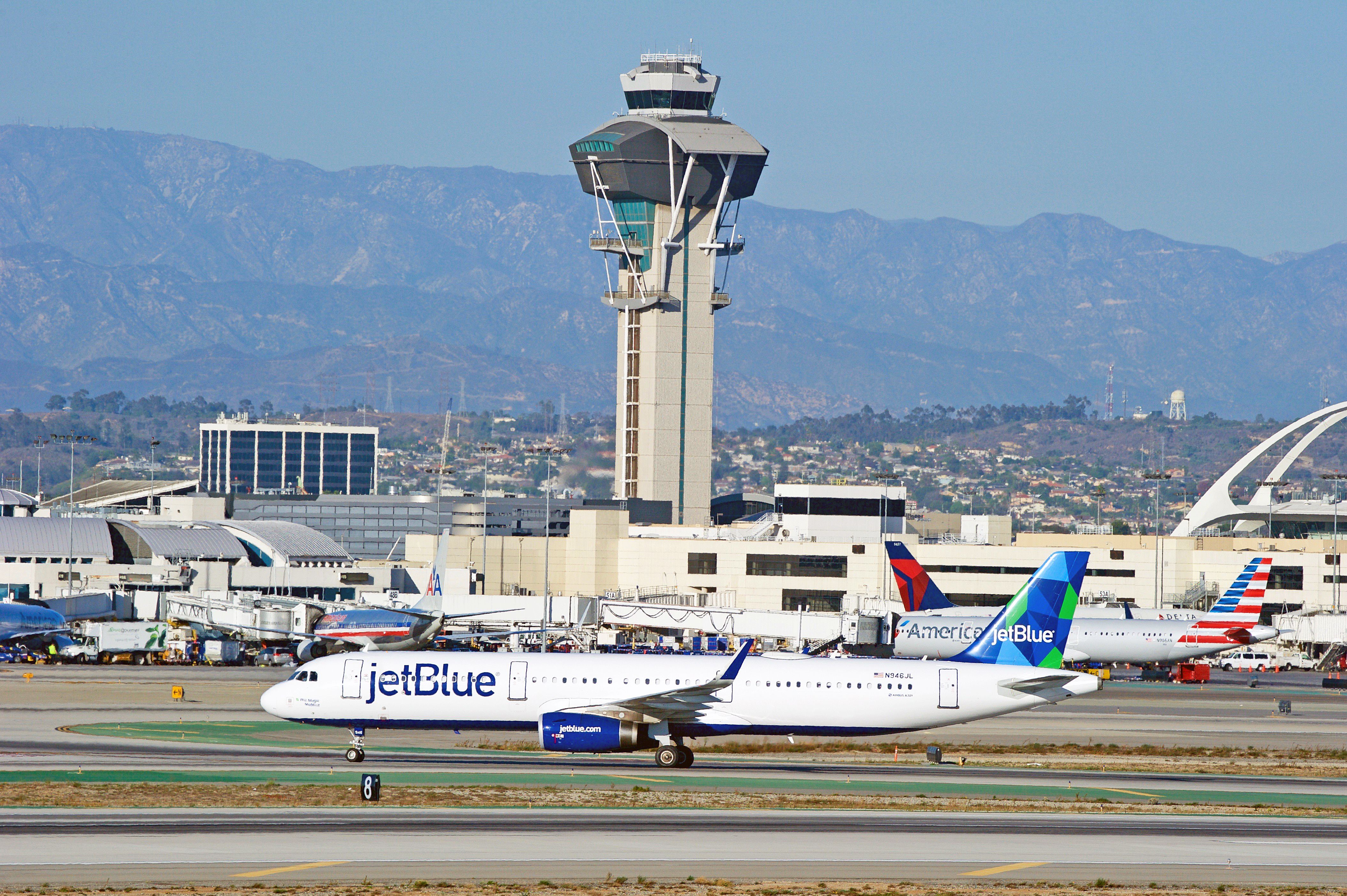Summary
- Over three-quarters of US ATC towers are understaffed, posing a critical safety issue in the aviation industry.
- ATC center staff shortages increase delays, cancellations, and even near-miss incidents.
- Several changes could address the shortage, such as alternate early career paths and adjusted compensation for degree-holding applicants.
Staffing issues plague many aspects of the aviation industry. Some of this is undoubtedly related to Covid-era effects that have produced intense demand amidst a small labor market, but some are more long-standing problems, such as air traffic control (ATC). Today, it is estimated that 77% of US ATC towers are understaffed; needless to say, this is a critical safety issue.
Why is this important?
According to USA Today, the National Air Traffic Controllers Association suggests that the odd uptick in ‘near misses’ (a term that, in this case, broadly means ‘nearly avoided collision’) this year can at least partially be attributed to being understaffed. Air traffic controllers have a stressful enough job under normal conditions, but with workers pushed to the brink and working extensive overtime to help keep aircraft in the sky, it’s no wonder the FAA asked carriers to reduce flight schedules to some of the busiest airspaces in the country, such as New York City.
Reportedly, as of earlier this year, the New York Terminal Radar Approach Control is only 54% staffed. The national average is about 80% staffed.
Photo: Miami International Airport
Moving away from the potentially grave circumstances, yet stressful for paying customers, ATC center staff shortages play a role in the increased delays and cancellations. According to CNN, this is a significant pain point for the airlines, with executives from Hawaiian, United, and JetBlue, among others, trying to raise awareness about the effect ATC understaffing has on operations. Scott Kirby, CEO of United Airlines, explained that previously manageable inclement weather now causes cancellations – awful for passengers and businesses alike.
Something must change
On this topic, Simple Flying had the opportunity to hear from Brian J. Alexander, a former military pilot and now aviation litigation attorney who has worked on some of the most notable cases in recent history, including those related to 9/11 and the Boeing 737 MAX case following Ethiopian Airlines Flight 302. He explains that changes must be made to prevent an accident caused by overburdened controllers dangerously continuing to support record-breaking airline profits and travel demand.
Photo: Eliyahu Yosef Parypa | Shutterstock.com
Currently, the two main pathways to working in the ATC tower involve a military career or a 4-year college degree. The military isn’t going to be everyone’s first choice, and a standardized pay under $45,000 for several years during training may keep hopefuls from moving to Oklahoma after graduating from university with significant student loans. Mr Alexander suggests that the FAA should seek a modern type of apprenticeship, an employment strategy used by other industries, even in other areas of the US Government. Alexander says,
“Apprenticeships are a terrific way to deepen the ATC talent pool, as they offer candidates the chance to ‘earn while they learn,’ with the end goal of producing a full-time ATC employee. Apprentices should also be able to earn their FAA certification alongside the hands-on work experience.”
Photo: Philip Pilosian | Shutterstock.com
For those with a bachelor’s degree, compensation could be adjusted to cover the actual cost of living in the United States today, including what’s needed to pay off student loans. This way, even more people who would be otherwise interested in pursuing a career in ATC would feel confident and comfortable making the choice, which would eventually help make the aviation industry much safer. Mr Alexander sums up the point,
“Today’s shortage proves that lofty requirements for entry-level, lower paying roles will not produce enough applicants to close the gap.”
Hopefully, we will see something in this space change within the next few years. And perhaps one day, we will not need to worry about the potential dangers of having most ATC towers across the US understaffed.
Sources: The United States Senate, USA Today, CNN, Business Insider




